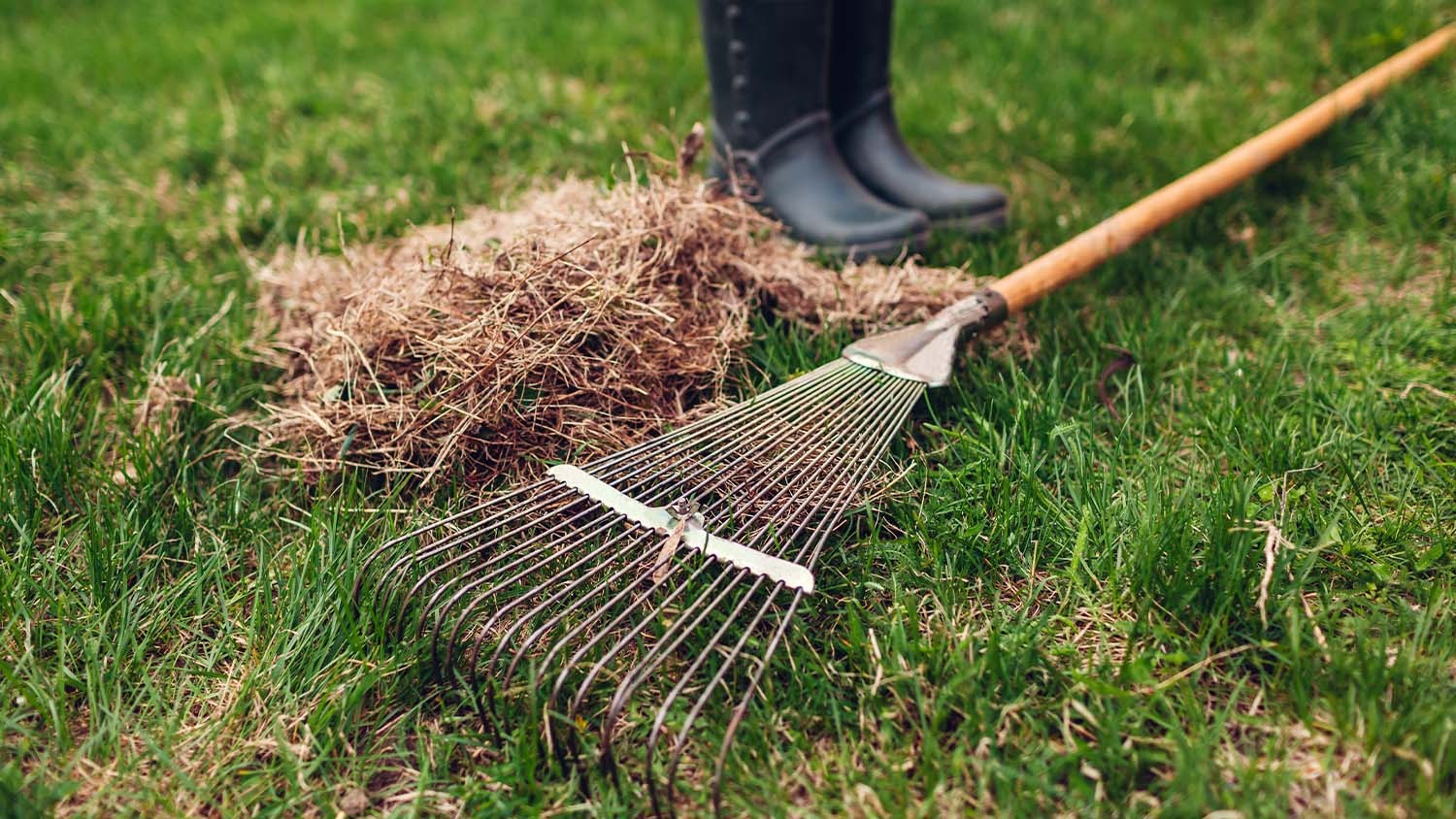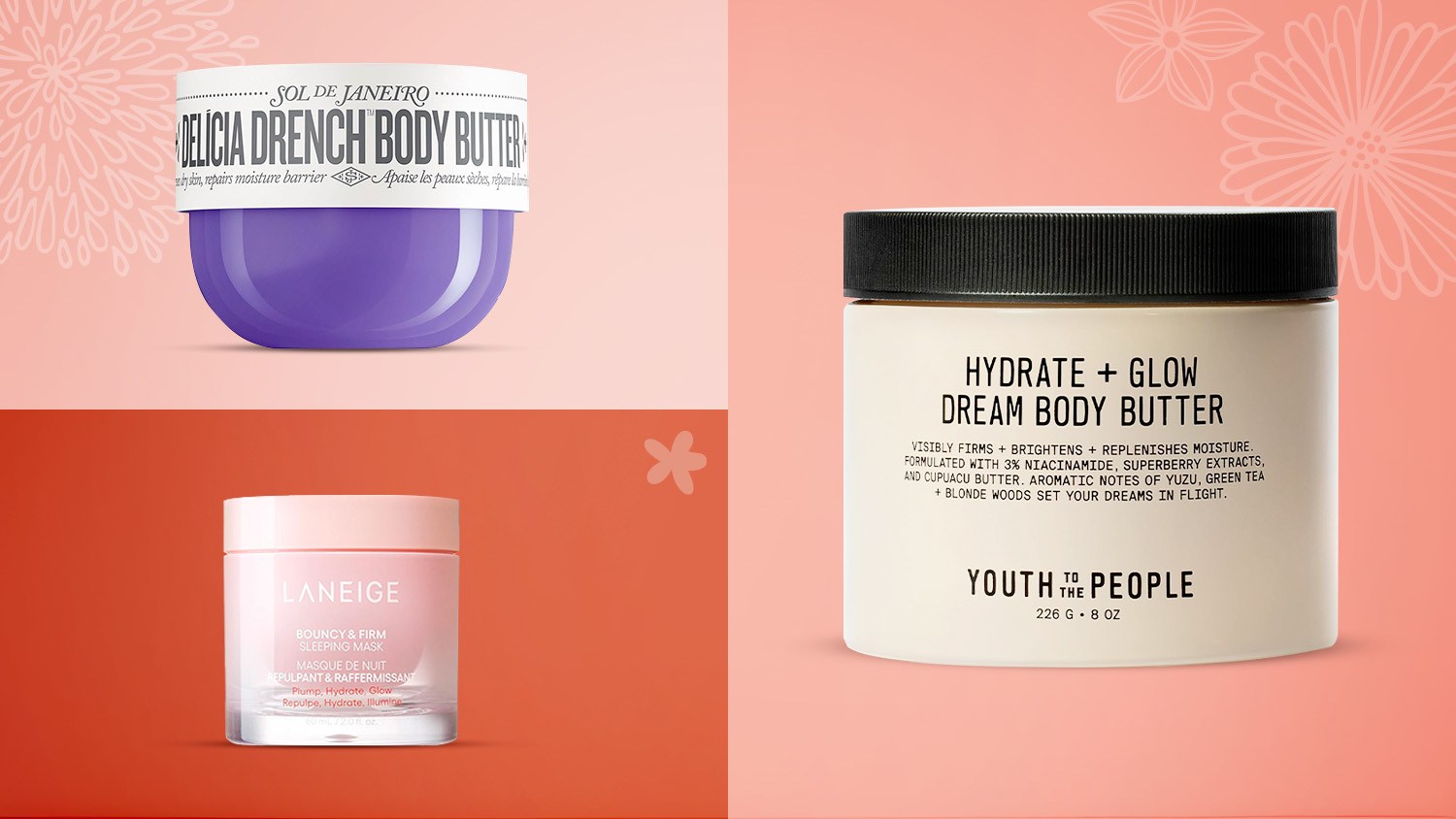MEMPHIS, Tenn. — A WREG investigation revealed dangerous and potentially deadly germs lurking in plain sight.
NewsChannel 3 teamed up with researchers from the University of Memphis School of Public Health to test for bacteria on common surfaces.
“We wanted to check, you know what is the total number of bacteria on the surface,” said Assistant Professor of Environmental Health, Pratik Banerjee, M.Tech., Ph.D.
The goal of the project was also to find out what types of bacteria linger on surfaces people routinely touch.
The researchers provided the materials which included two, separate swabs.
NewsChannel 3 swabbed ATM keypads, gas pumps, restaurant menus, cell phones and debit cards.
We took two samples on each surface, then sealed the samples and returned them to the lab.
Dr. Banerjee and research assistant Dalaniece Higgins conducted the testing.
“We looked at salmonella, we looked at E. coli, and we looked at listeria. These are the three major pathogens of public health concern and also we looked at staphylococcus,” explained Banerjee.
Some might be surprised by the results.
Banerjee said, “The ATM keypads are really, microbiologically speaking, dirty.”
That’s right, those keys we touch all the time to get money out at the ATM are filthy!
“They have a lot of different type of bacteria, and a majority of them are staph, or Staphylococcus, which can pose some health risks to certain individuals,” explained Banerjee.
The tests revealed the restaurant menus we swabbed were also full of bacteria.
Keep in mind, this is what your hands handle right before eating a meal!
“So that menu card…comes next, you know I would say, you know they`re not that different.”
Locations with Most Bacteria (ranked highest to lowest)
- ATM keypads
- Restaurant menus
- Cell phones
- Debit cards
- Gas pumps
While Banerjee said the ATM keypads were the most “bacteria rich surface”, he explained the gas pumps contained the least number of bacteria in the group of objects tested.
The big take away is advice consumers have heard before, but it’s worth repeating.
“Please keep personal hygiene as your top priority…you can take full control of that.”
Banerjee says the simple step of using a wipe on the go, hand sanitizer, and of course washing your hands can make a difference.
“That might save you from contracting and that might also save spreading the disease, not only you, but to people surrounding you.”
Read more about the project from the researchers.


















